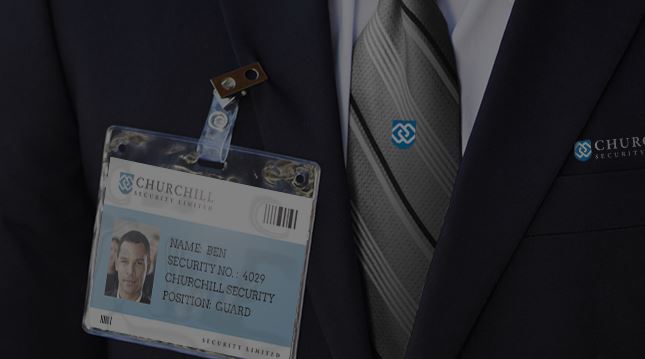According to a report by MarketsandMarkets, the sector will be worth a whopping $105.26bn (£85.70bn) by 2020. And that means that there will be an ongoing demand for first rate security officers and guards.
But not everyone is suited to a career in security. To be an effective security officer, you must have reasonable level of physical strength and fitness, patience, strong powers of observation and the ability to make decisions quickly.
Additionally, you will need a keen sense of curiosity and demonstrable nerve since, ultimately, it will be up to you to spot suspicious activity and deter or detain anyone with a criminal agenda.
Skills needed
Throughout their careers, security officers often find themselves working in a wide range of roles with organisations in diverse sectors. For example, at different times, you may work at an airport, a hospital or a nightclub, or you may be responsible for securely transporting valuables or protecting a VIP (bodyguarding).
Because of the varied nature of the security roles, you will have to be a fast-learner and able to adapt to radically different situations quickly. That said, there are some skills that are required for every security role. These include:
- Confidence and ability to deal with confrontational people
- Initiative and the ability to make quick decisions
- Trustworthiness and a polite manner
- Basic IT skills
- Good verbal and written skills
- Teamworking and the ability to follow instructions
- A good understanding of people and an ability to relate to people from all walks of life
- The ability to learn how to use technical equipment (such as CCTV and baggage scanners)
In addition, a driving license as well as first aid, self-defence and fire training will help set you apart from the crowd. If this sounds like you, the next thing you need to do is get licensed.
SIA licensing
In the UK, the SIA (Security Industry Authority) is responsible for regulating the private security industry. The SIA has two main duties: to license individuals undertaking designated activities within the private security industry, and to manage the Approved Contractor Scheme – which measures private security suppliers against independently assessed criteria. (I’m proud to say that Churchill Security is in the top 10 present of ACS contractors).
An SIA licence confirms that you are a “fit and proper” person capable of fulfilling a security role, and is usually awarded within 25 working days of applying. To attain an SIA license, you’ll need to be aged 18 or above and able to pass identity and criminal record checks.
However, if you have a criminal record, you’re not automatically disqualified from security guard work. The SIA will decide whether an offence should or shouldn’t prohibit someone from entering the industry. You can use the SIA’s free criminal record indicator to see whether you’re likely to pass the criminality criteria.
Career path and progression
Once you land your first role, you can start working toward other security qualifications, such as: NVQ in Providing Security Services, City & Guilds Certificate for Security Guards or Security Practitioners, or the “Skills for Security” training course. These make it possible to advance to more senior and supervisory roles, such as security team leader and chief security officer.
With further qualifications, you will also be able to go into security training or management.
Once you have enough experience under your belt, you may choose to apply your skills as a police officer, in a logistics role or in fraud prevention. Alternatively, you may decide to set up your own security company and specialise in providing your favourite security service (for example security dogs or access control).
Security officers live exciting and varied lives, and there are an increasing number of opportunities at all levels for security professionals working in the UK. To see the positions we’re currently hiring for, visit Churchill Security’s jobs page.
